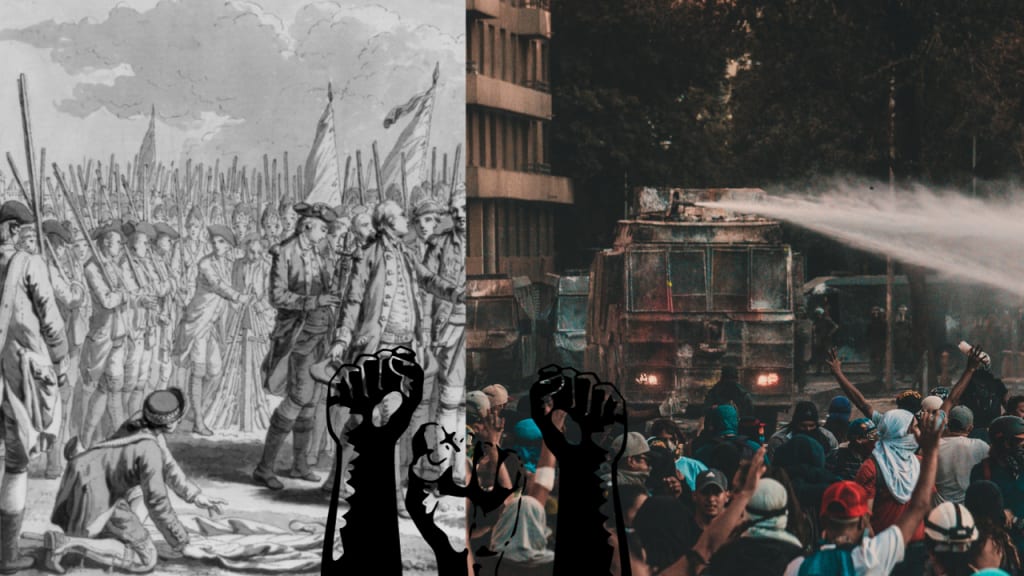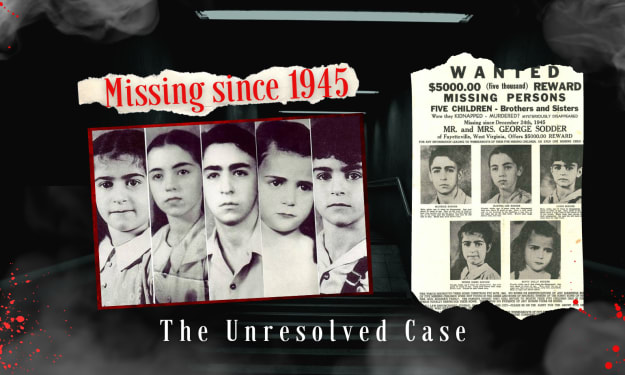The Key Historical Events That Shaped the Modern World
The Authentic Occasions That Molded the Cutting edge World

The modern world we inhabit today is a product of a complex tapestry of historical events that have unfolded over millennia. These events, characterized by their profound influence on society, politics, culture, and technology, have collectively sculpted the contemporary world into what it is today. From ancient revolutions to modern revolutions in technology, these pivotal moments have left an indelible mark on human civilization.
In this article, we embark on a journey through time to explore the critical historical events that have forged the path to our present reality. Each of these events represents a turning point, a moment of innovation, conflict, or enlightenment that has fundamentally shaped the course of human history. As we delve into these key historical milestones, we will gain a deeper understanding of how the past continues to resonate in the present, offering valuable insights into the challenges and opportunities that lie ahead as we navigate the complexities of the 21st century.
The Agricultural Revolution (circa 10,000 BCE)
The Agricultural Revolution represents a momentous shift in human history when nomadic tribes transitioned to a sedentary, agrarian way of life. With the cultivation of crops and the domestication of animals, humans were no longer solely dependent on hunting and foraging. This innovation led to the establishment of permanent settlements, surplus food production, and the birth of modern agriculture.
The Enlightenment (17th and 18th centuries)
The Enlightenment, also known as the Age of Reason, was a period of intellectual awakening that championed rationality, individualism, and human rights. Enlightenment thinkers like Voltaire, Rousseau, and Montesquieu laid the philosophical groundwork for modern democracy and the pursuit of knowledge.
The Industrial Revolution (18th and 19th centuries)
The Industrial Revolution brought about a seismic shift in the world's economic and social landscape. The invention of machinery, the mechanization of production, and the rise of factories ushered in an era of unprecedented technological advancement, urbanization, and increased living standards. This transformation played a pivotal role in shaping the modern capitalist world.
World War I (1914-1918) and World War II (1939-1945)
These two devastating global conflicts reshaped the geopolitical map, marked the decline of empires, and sowed the seeds for the creation of new nations. The horrors of these wars prompted efforts to promote international cooperation and establish organizations like the United Nations, aimed at preventing future global conflicts.
The Civil Rights Movement (1950s-1960s)
The Civil Rights Movement in the United States symbolized a watershed moment in the fight against racial discrimination. Led by icons like Martin Luther King Jr., this movement not only challenged the status quo but also paved the way for legislative changes that aimed at achieving greater social equality and civil rights for all citizens.
The Digital Revolution (late 20th century)
The Digital Revolution, propelled by the advent of personal computers, the internet, and mobile technology, has fundamentally transformed every aspect of modern life. This digital age has revolutionized communication, work, education, and entertainment, connecting the world in ways previously unimaginable.
The End of the Cold War (1989-1991)
The dissolution of the Soviet Union and the end of the Cold War ushered in a new era of global politics. It marked a shift from bipolar superpower competition to a unipolar world dominated by the United States. The fall of the Iron Curtain also led to the expansion of democracy and market economies in Eastern Europe.
In tracing the footsteps of history through the lens of these pivotal events, we have uncovered the intricate tapestry that forms the foundation of our modern world. From the Agricultural Revolution to the Digital Revolution, each era has contributed to the rich mosaic of our shared human experience. These events have not only transformed societies and economies but have also shaped our values, aspirations, and the very way we perceive the world.
As we reflect on these key historical milestones, it becomes abundantly clear that the past is an invaluable compass guiding us into the future. To navigate the challenges and opportunities of the 21st century, we must draw upon the wisdom and lessons imparted by these events, ensuring that the legacy they represent continues to inspire, inform, and shape our evolving world.
About the Creator
R Roka
Hello, I'm R Roka, a passionate content author with a deep love for the written word. With experience in the field, I have had the privilege of crafting engaging and informative content across various niches.
Enjoyed the story? Support the Creator.
Subscribe for free to receive all their stories in your feed. You could also pledge your support or give them a one-off tip, letting them know you appreciate their work.






Comments
There are no comments for this story
Be the first to respond and start the conversation.